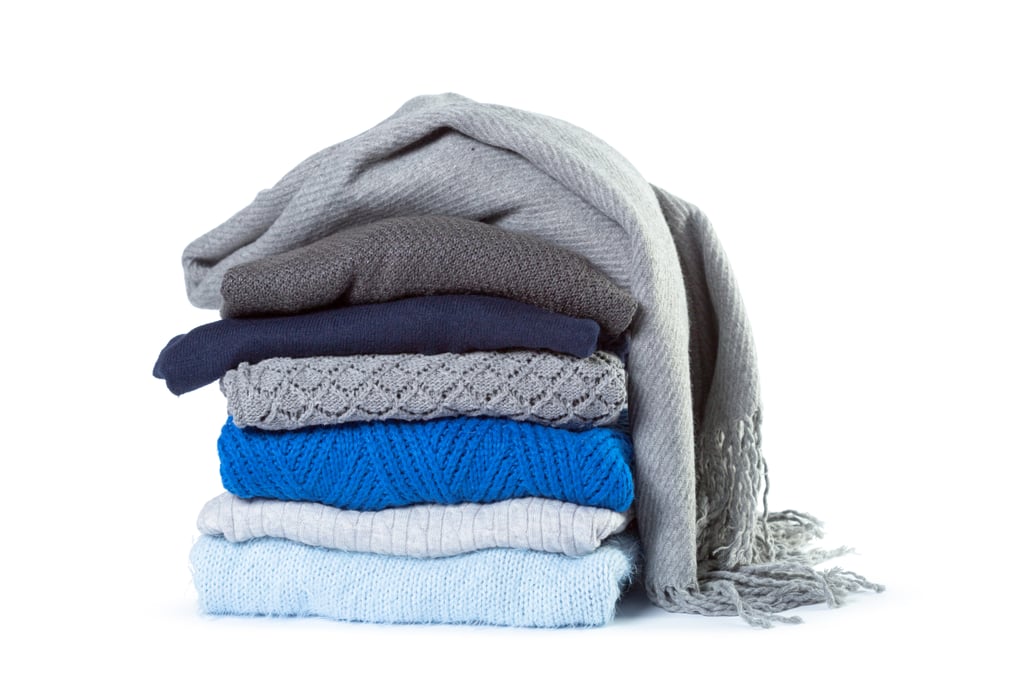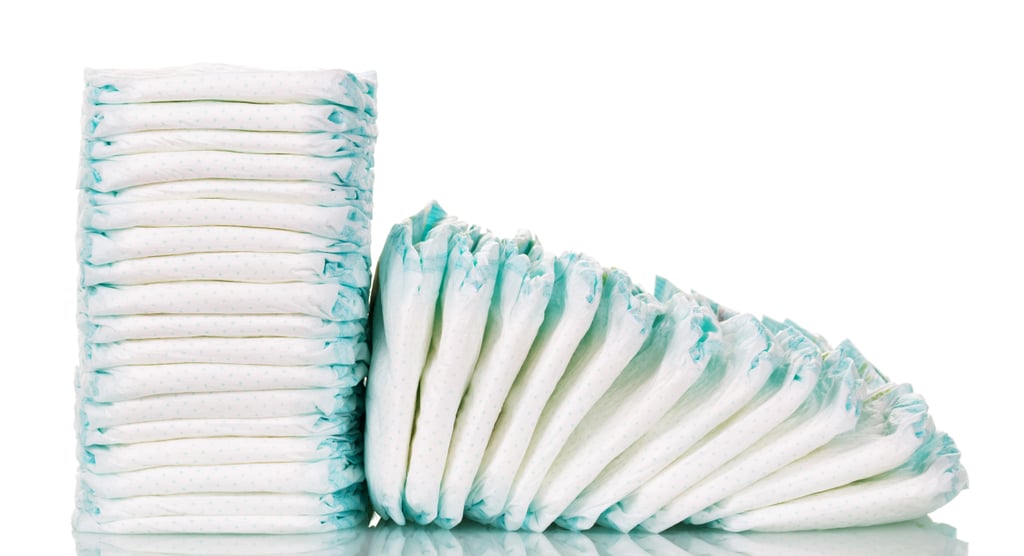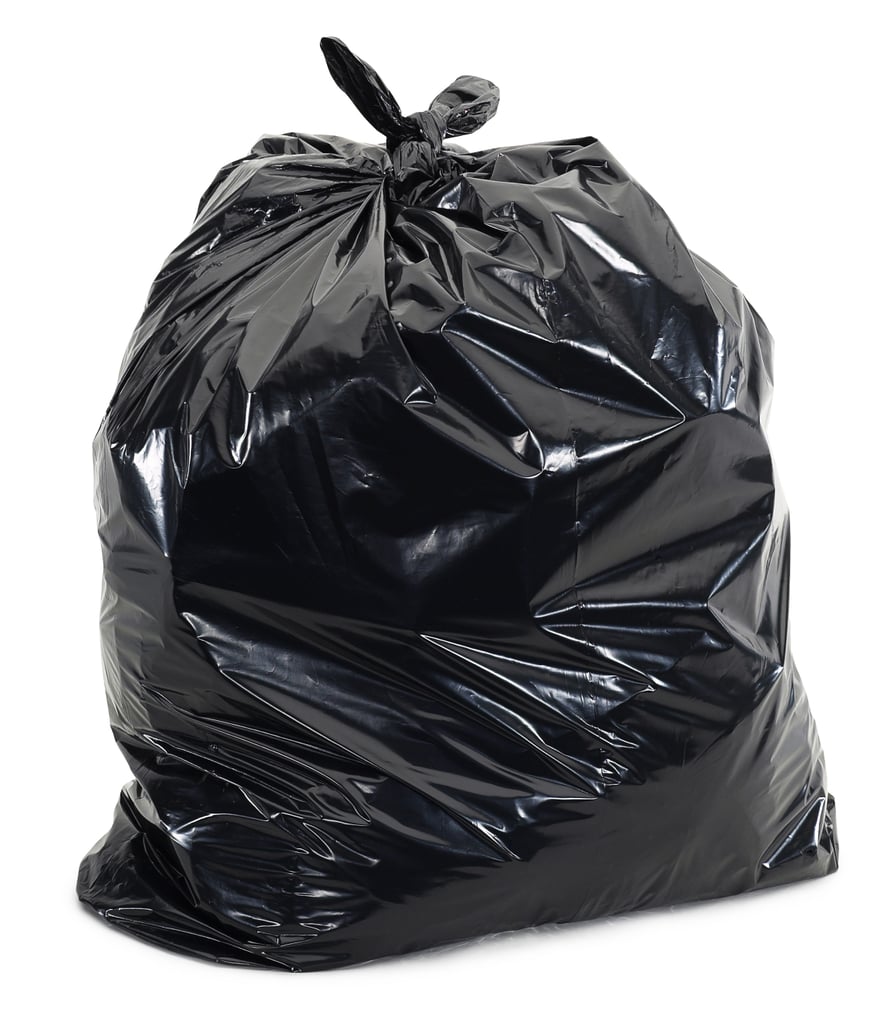We've all made the mistake of popping something in the recycling bin [1] that isn't meant to be there, especially when there aren't recycling instructions marked on the packaging. But this year, we're making a better commitment to the environment [2] and taking a few minutes to check if our next piece of waste should really be going in the bin or the compost instead. To help us be better at recycling, we got in touch with North London Waste Authority (NLWA) to share what its experts wished people would stop putting in the recycling bin.
"When the wrong items are put into the recycling, they can contaminate it, sometimes meaning that whole truckloads have to be sent for disposal," the NLWA told POPSUGAR. The direct cost associated with the issue of recycling contamination is approximately £1.2 million of taxpayers' money per year, according to the NLWA, and the total cost is likely to be even higher, nearing the £2 million, when taking into account extra collection and enforcement costs.
NLWA created a handy search index [3] to help you quickly find out if a piece of waste is fit for the recycling bin or not. The index, What Can We Recycle? A-Z of Materials, includes everything from home cleaning products to baby items, textiles, and furniture and advises if you should put something in the waste bin, recycling, or food waste or if it requires a specialty recycling centre nearby. Keep reading for the top five things you should never put in the recycling, according to the North London Waste Authority.
Food
"Food causes a lot of problems when mixed with other recyclables, especially paper and cardboard, because it can really spoil their quality. Recyclable packaging should be rinsed before it goes in the recycling bin. If your council offers food-waste collections, you can also recycle your food so that it can be used to generate energy or turned into nutrient-rich compost," the NLWA told POPSUGAR.
PPE
"The COVID-19 outbreak has seen a rise in use of personal protective equipment (PPE) such as surgical masks, gloves, and disposable tissues," the NLWA said. "These items are not recyclable even when clean, but if put into the recycling cause a safety risk to our staff who have to pick them out manually. You can find out more about this issue on the NLWA website [4]."
Clothes and Textiles
"In the United Kingdom alone, more than 206,456 tonnes of textile waste is produced each year and only 25 percent of it is either reused or recycled. Textiles are recyclable at designated collection points like on-street banks, recycling centres, and through textile collections, but they should not go into the household recycling," the NLWA said.
Nappies
"Our 2019 research found that one in 10 UK parents with children under 3 has put used nappies in with the household recycling," the NLWA said. "The workers at the Material Recovery Facility (MRF) have to pull dirty nappies off conveyor belts by hand so that the rest of the recycling can be processed properly."
Black Plastic
"Most black plastic packaging is coloured using carbon black pigments, which the optical sorting systems in plastics recycling plants can't pick up. This means anything made out of black plastic usually ends up as residue and is sent to landfill or incinerated instead. It's best not to buy any black plastic products or anything that comes in black plastic packaging," London Recycles advises [5]. "Black bin bags can't be recycled, so don't put them in your recycling bin. If you put your recycling into a black bag, the bin crews will throw the entire bag into the rubbish, even if you leave the bag open."




